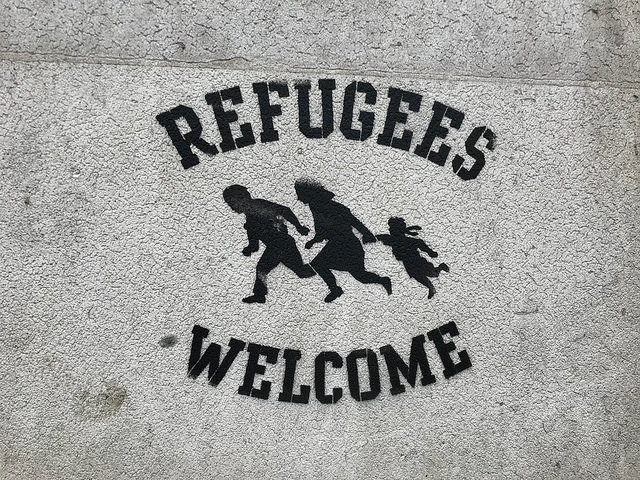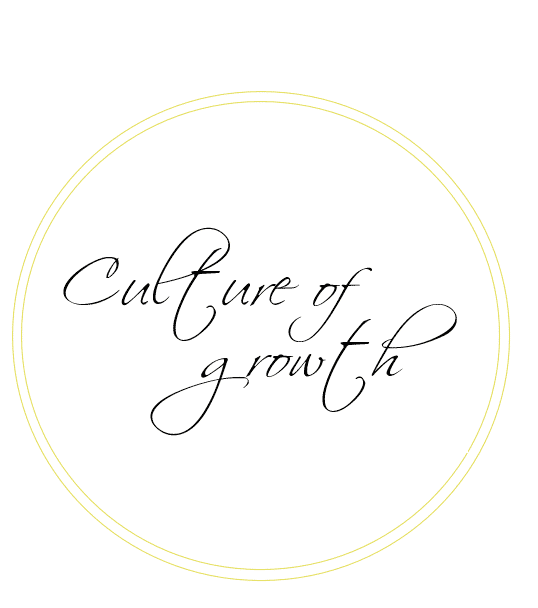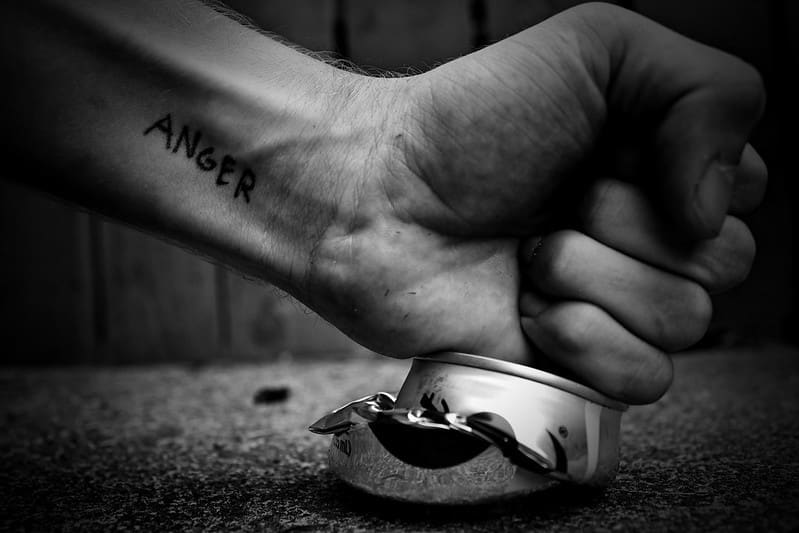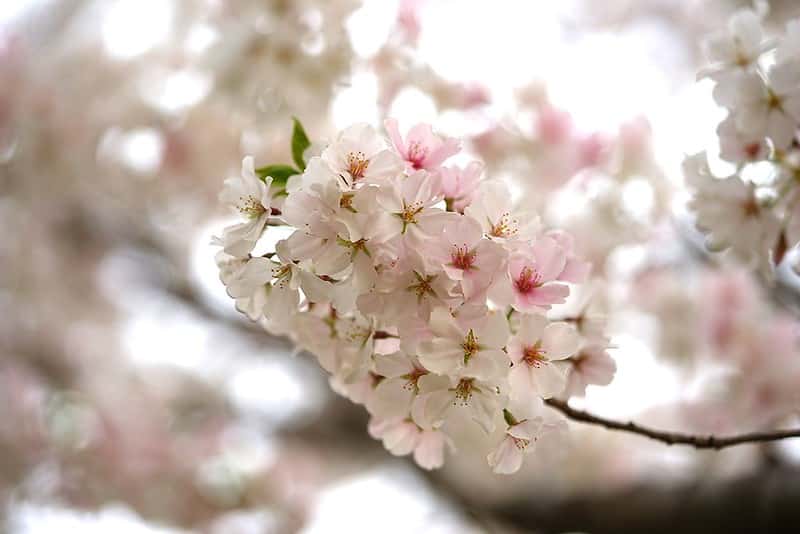Who are we? – Striving for our identities as refugee kids
- Home
- Blog
- Psychology
- Who are we? – Striving for our identities as refugee kids
Who are we? – Striving for our identities as refugee kids

Everyone of us had at least one situation in life where we asked ourselves
“Who am I? Am I a well integrated refugee? Or german/ canadian/ british etc. with migration background?”
When our parents left Sri-Lanka due to the civil war, they were not primarily aware of raising up their children in between two cultures – two cultures with contrary values. They fled because of the fear of death and the hope for a better life. Arriving here in a western country, which promised a high standard of medical care, security and education, they were confronted with a cultural shock.
Cultural identity
I would describe myself as a well integrated german, but I also love my tamil roots – but here, there is the first problem. What defines culture? Is it language? The beautiful clothes like saree etc.? Or our religion Hinduism? Our appearance? In the literature it is termed as a group which has the same cultural identity. But the problem here is, cultural identity is lived individually by everyone of us.
I imagine a hype a few month ago on facebook on which a video by a white lady, who fluently spoke tamil language, went viral. The message some people extracted from this was, that the lady spoke better tamil than the most of the second or third generation refugee-tamils in a western country did. Maintaining cultural traditions in a country, where contrary values exist, seems to be difficult.
„And so, we are torn back and forth between the well integrated western human and the cultural individual – on the journey to find ourselves and find out who we “really” are.“
In a global dynamic world, is it possible to definably clear, which social norm, behaviour and traditions belong to which culture? When I started to write one of my most popular articles “The struggles of being unmarried and 30” I didn’t mention the word “tamil” consciously – I knew that the social pressure to get married early is an issue as well in western countries as in eastern communities. The same can be claimed for the acceptance of sexual and racial minorities. A big problem in my eyes is: We are trying to set boundaries where are only thin lines.
The role of our childhood
The role of our childhood is a big factor for defining what cultural is in our eyes and what it is not. When I talk with my mates at work about how my parents raised me up, I am always saying “cultural with western values”. But by talking to them, I found out, that not getting the permission to stay out later than 8 p.m. before getting 18 years old, has nothing to do with my culture – more with the educational style.
Even children from “western” families are educated strictly – sometimes stricter as in some of the refugee families.
„I tried to define what “western values” mean and I failed.“
The why is simple: Western is not western and cultural is not cultural. The bandwith of social norms, behaviours and traditions in both cultures, makes is difficult to find out which social norm belongs to which culture.
Sometimes I think about how I were now when my parents had chosen the life in our homeland. Last summer I visited my cousins there and I thought I would meet people who are totally different from me and my siblings, but the opposite was reality: We found out that we shared of lot of values, we had tons of fun together and this although we didn’t meet each other for 14 years. The environment has a big role in our way of thinking and acting, but cultures also develop over the years.
Meeting my relatives which are separated …
… over 10.000 km from my daily life, made it clear to me, that culture is also meeting somewhere in between and sharing the good from every side – learn from each other, benefit from the experiences of another and show the others the world through your own eyes. Yes, culture is something like a filter that is given by our home to see the world from a perspective – it mainly has the job to decide what is wrong and right for us. The issue is that every filter we got from our homes is not equal.
We have to imagine that our parents went through hard times. Even very well educated people like teachers or other academics, started to clean someone’s house etc. to fill the plates of their families every day.
„Balancing out meanwhile “giving freedom” and “reminding their children where they belong to” was and is an hard process. And the results are different – depending on the experiences of our parents, their own education and their environment.“
Now we as second or third generation refugees are here – with different levels of integration and not knowing don’t know where our place in this new country is. Some of us didn’t even have the chance to get to know their home before leaving, some were born here and were never back again.
The fear of losing our identity
Some people would say “It’s clear what our culture is about” but is it really that clear? The social norms are not written down anywhere – cultures exist through by people expressing them. But what if the people have to leave their home and started to adapt new behaviour patterns? Is it still cultural? What I’m thinking is, that every culture also has a bandwith of people. And addiotionally: Something that could be bad for someone, could be good for someone else.
It is scary for some people to lose the identity, their roots and what they knew for decades by seeing how their children start to choose new ways – the liberty of the western world offers a new way of living – departing from lives the parents imagined for us. The contradictions of the western world seem to destroy what some of the people know and practiced for years. Being scared, some of us decide to built up a bubble around them to stop the new environment from robbing the last pieces of their identity.
The rejection of the roots
Some of us decide to turn their back to their “cultural” roots and live a life free from social norms. But there is a whispering voice inside which tells them how great it would be to eat rice with curry again or be on a traditional family event. The pressure to live by rules which are not chosen by themselves, let some people abandon their roots. This struggle is more common than we could imagine.
But the low acceptance for people who decide to choose a new, unknown path in their lives, lets them reject the whole culture instead of picking out what’s right in their eyes. Sometimes it is hard to delimit the parts of a tradition, which we like from those we can’t identify with. Some members of the culture would say that a separation from cultural-characteristics is not possible. According to the motto:
“Take it as whole or leave it altogether.” But is it right and even possible for us, who grew up in two contrary cultures?
Balancing out who you wanna be
A few weeks ago, I found this quote
“Finding yourself” is not really how it works. You aren’t a ten dollar bill in last year’s winter’s coat pocket. You are also not lost. Your true self is right here, buried under cultural conditioning, other people’s opinions, and inaccurate conclusions you drew as a kid that became your beliefs about who you are. “Finding yourself” is actually returning to yourself. An unlearning, an excavation, a remembering who you were before the world got its hands on you” – Emily McDowell
The author here defines our identity as something that is free from external influences, something that is inside of us but is covered by socialisation and especially cultural norms. I find this beautiful because it describes that we come to this world as “unwritten” plain paper and our environment and our experiences make us to what we are later in adulthood. Even in adulthood, the process of finding and creating ourselves is not completed.
And here is my answer to striving for our identity as refugee kids
It is not only about balancing out both cultures but also to be open for the new, the unknown. Even if it is scary, it could lead us to something what makes us happier than staying at the same level – and it doesn’t matter if you choose to be more “cultural” or more “western”.
Balancing out who you are is also balancing out what makes you happy. Our parents had the courage to choose the unknown over 10-20 years ago and they gifted us with this big opportunity to have a colourful life and the freedom of choice – even if this wasn’t their primarily intention. And we should follow their footsteps.
„Being open for the new without forgetting where you’re from. That’s a difficult balancing act but growing up between two cultures also means having the freedom to choose.“
The truth is: for the western people we never will be canadian/ german/ british etc. enough and for the people from our roots we will be “too western” as soon as we choose to adapt a new characteristic in our lives.
„We are somewhere in between and it is not easy to find our place there, but it is possible.“
Picture („Refugees welcome“) under Creative Commons License from Matt Brown





